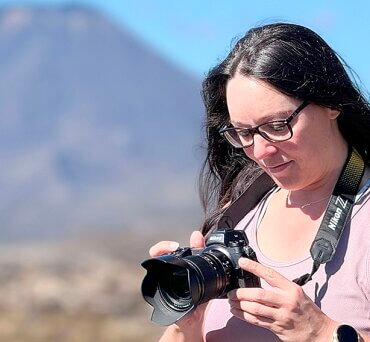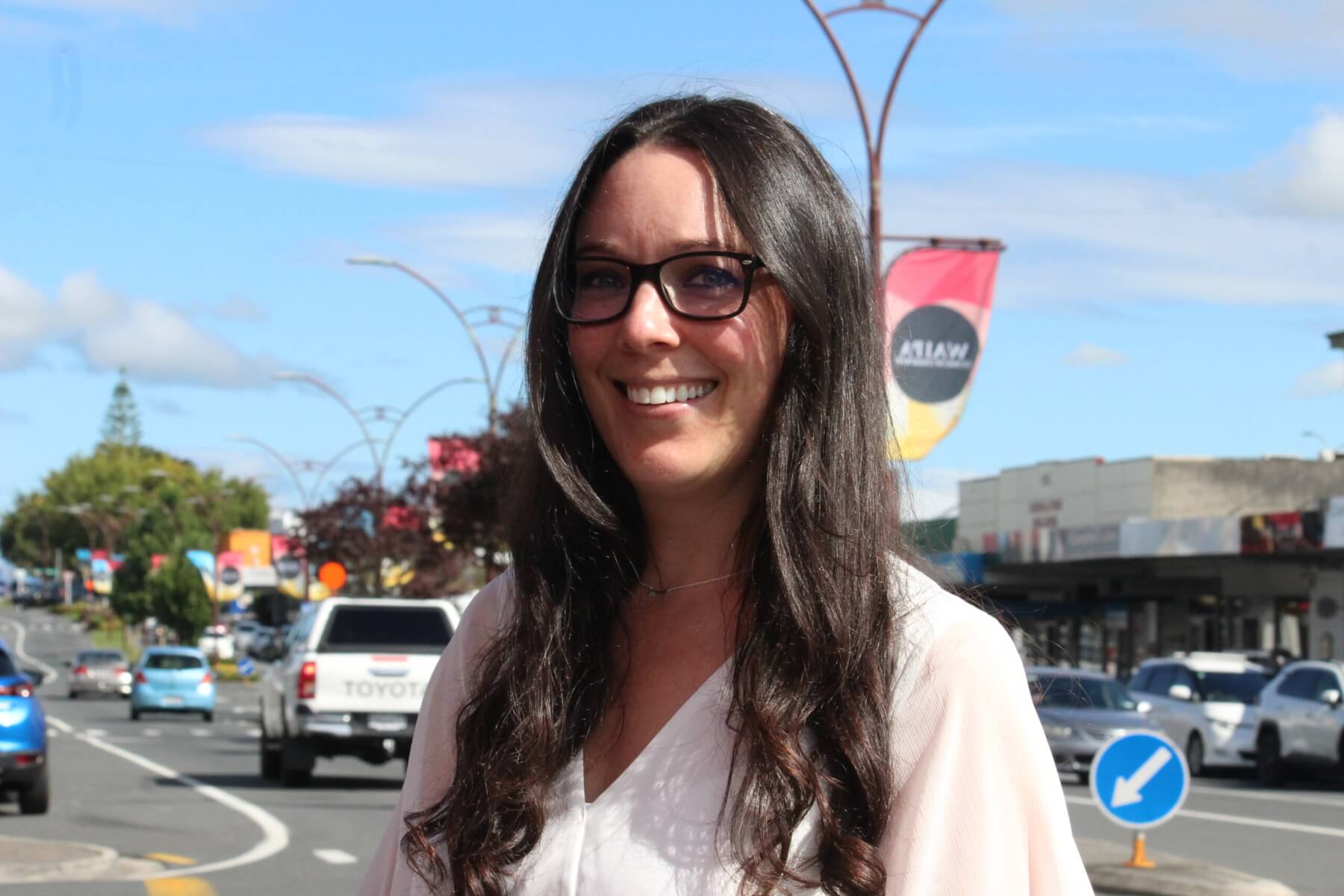
Janine Krippner
A couple of weeks ago my friend and American meteorologist Chris Vagasky was mentioned in a news article after he detected over 50,000 lightning events in the eyewall of Hurricane Milton over 14 hours.

Janine Krippner is back home in Waipā where she is surrounded by volcanoes, and family. Photo: Mary Anne Gill.
He uses a network called GLD360 that uses antennae that are sensitive to the radio waves produced by lightning, detecting events up to 10,000 km away.
We have had many lightning chats over the years, usually related to volcanic lightning, and he also works to educate people about the dangers. He agreed to help me write this to share his expertise with all of you.
November through January is our peak time for lightning in Aotearoa, with early to mid-afternoon being our peak time of day.
Did you know that if you can hear thunder, you are close enough to be struck by lightning? In fact, the longest measured flash was nearly 800 km long. They say “when thunder roars, do indoors” – I have honestly become much more cautious after becoming friends with a lightning expert.
Lightning is hotter than the surface of the sun (around 8000°C) and is thousands of times more powerful than the electricity in our homes at 20 million to 1 billion volts. This incredible but hazardous event causes about 25,000 fatalities and roughly 250,000 injuries around the world yearly. That tells us that about 90 per cent of people struck survive (that we know of). It is important that first aid is applied to any victims right away, which might include CPR if cardiac or respiratory arrest occurs, and call 111 immediately.
Lightning can cause electrical burns and it interferes with the electrical components of our bodies – the heart and nervous system. Other complications include trauma from falling or being thrown, unconsciousness/coma, or blown out ear drums/hearing loss. Pain is often a lifelong issue for survivors.
If you think it’s unlikely that you might get directly hit by lightning, you’re right. About 5 per cent of incidents are direct strikes and about 50 per cent of injuries or deaths are from lightning striking nearby and traveling through the ground then into them. About 30 per cent are from lightning striking a nearby object and electricity jumping into them. A key message here is to avoid trees when you can hear thunder.
What are safe places? We want to be inside fully enclosed metal vehicles or substantial buildings. I think it’s a pretty neat fact that planes are also safe places to be. Each passenger plane is thought to be struck around once a year, and they are designed with this in mind.
As we head into our Kiwi summer and relax near the ocean or lake, it’s good to know that being anywhere near water during a lightning storm is very unsafe. This includes boating, fishing, and just being at the beach. You’re usually isolated and the tallest thing around, which makes you more prone to being struck.
We live on a crazy-active planet and these small actions can help us to avoid catastrophe when our beautiful natural processes occur near us. Enjoy the warmer weather, folks.

Janine Krippner checks her camera settings while on volcano watch. Photo: Drew Mehrtens.








